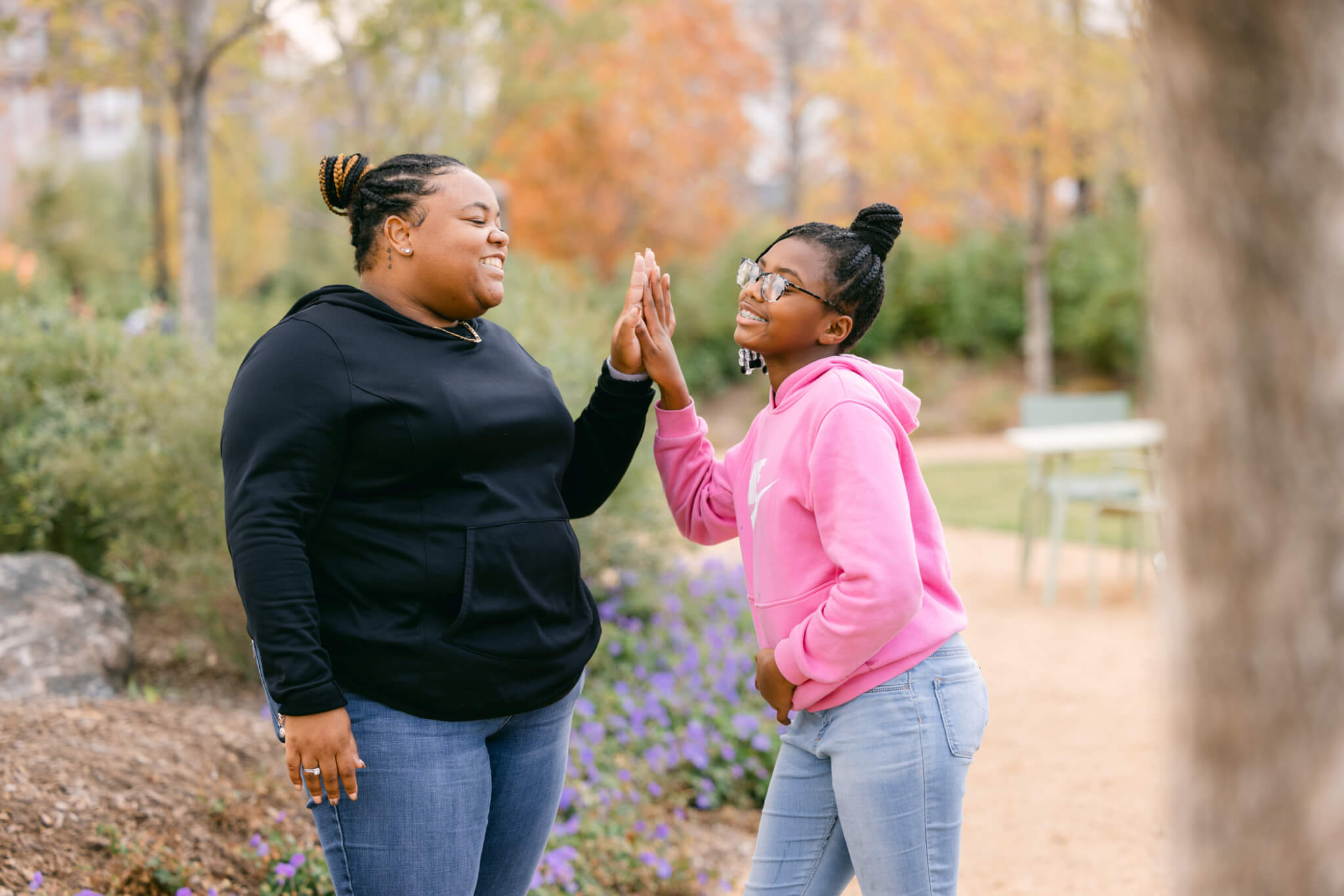The Intricacies of Unmet Mentorship Needs
As young people grow up, their circumstances and needs morph as they face new challenges, foster dreams, and better understand themselves and the path they want to take as they enter adulthood.
The type and volume of support young people need from their mentors can also change. The reality is that even if an individual had a mentor in middle school, that relationship may not be as helpful in high school when new challenges and situations emerge. Even the best mentors have their limitations and just because someone had a mentor at one point while growing up, it does not mean they received all the mentoring they needed on their whole journey to adulthood. We all need mentors, and often many of them, as our lives evolve.

Because it is too reductive to simply ask who had a mentor at any point growing up and consider them fully “mentored,” we wanted to take an alternative look at that mentoring “gap.” For our Who Mentored You? study, we found it was also helpful to look at specific moments in their life where youth wanted a mentoring relationship but didn’t have one.
We discovered that 67% of today’s 18–21-year-olds wanted a mentor at some point while growing up – either through a naturally occurring relationship or through mentor programs – but did not have one. Looking at the spread of need across age ranges, it certainly seems as though many young people likely went years without having the mentoring support they yearned for, and they were likely keenly aware of this unmet need.
We asked study respondents what circumstances made them feel they needed. Most young people expressed multiple needs, suggesting that mentor need shifted over time or was not isolated to single issues — academics, career paths, peer relationships, and troubles within the home dominated the responses we received. Many respondents told deeply troubling and personal stories about dire challenges they were facing and exactly what it felt like to know that no adult around them was willing, or able, to step into that void to help them.
Of all the trends we discovered, it was especially worth noting the significant rise in mental health needs for the members of Gen Z. Today’s 18-to-21-year-olds express unmet mentoring needs around depression, anxiety, and suicidality at four times the rate of Baby Boomers and more than double the rates for Millennials. Younger Gen Z saw an 8-percentage point growth in the need for support in mental health challenges within the span of just a few years.
American youth are also very aware of when their mentoring needs are unmet. While MENTOR has made tremendous progress in closing that mentoring gap over the last 30 years, the findings in this section reinforce a simple truth of the mentoring movement: there will always be a need for more mentoring and expanded networks of support for youth.
You have the power to help ensure that all young people have access to supportive mentoring relationships. Whether you choose to advocate for legislative change, harness your voice to raise awareness about mentorship, make a donation of any amount, or choose to become a mentor, there are many avenues to get involved.
Start today using the resources below.


